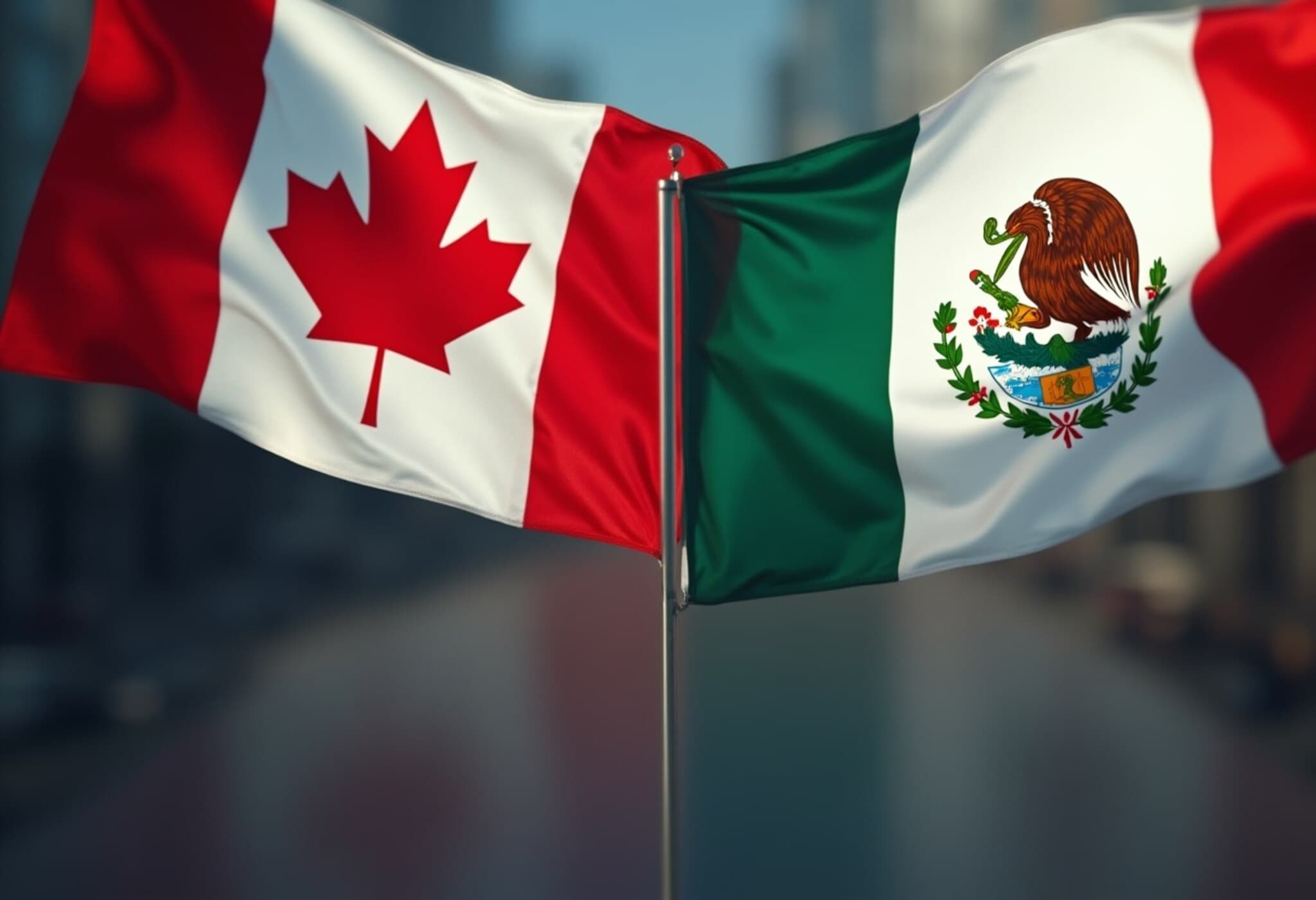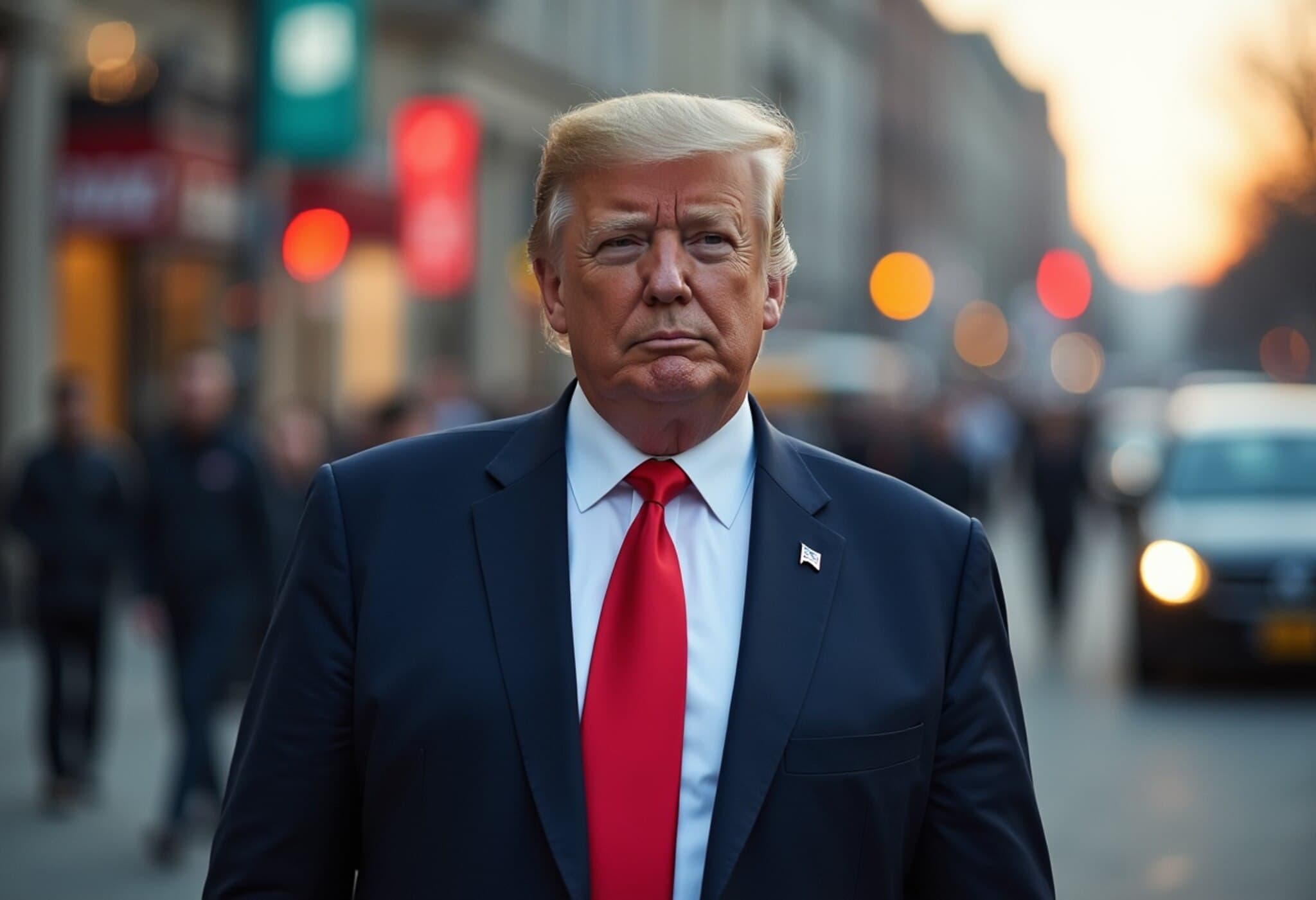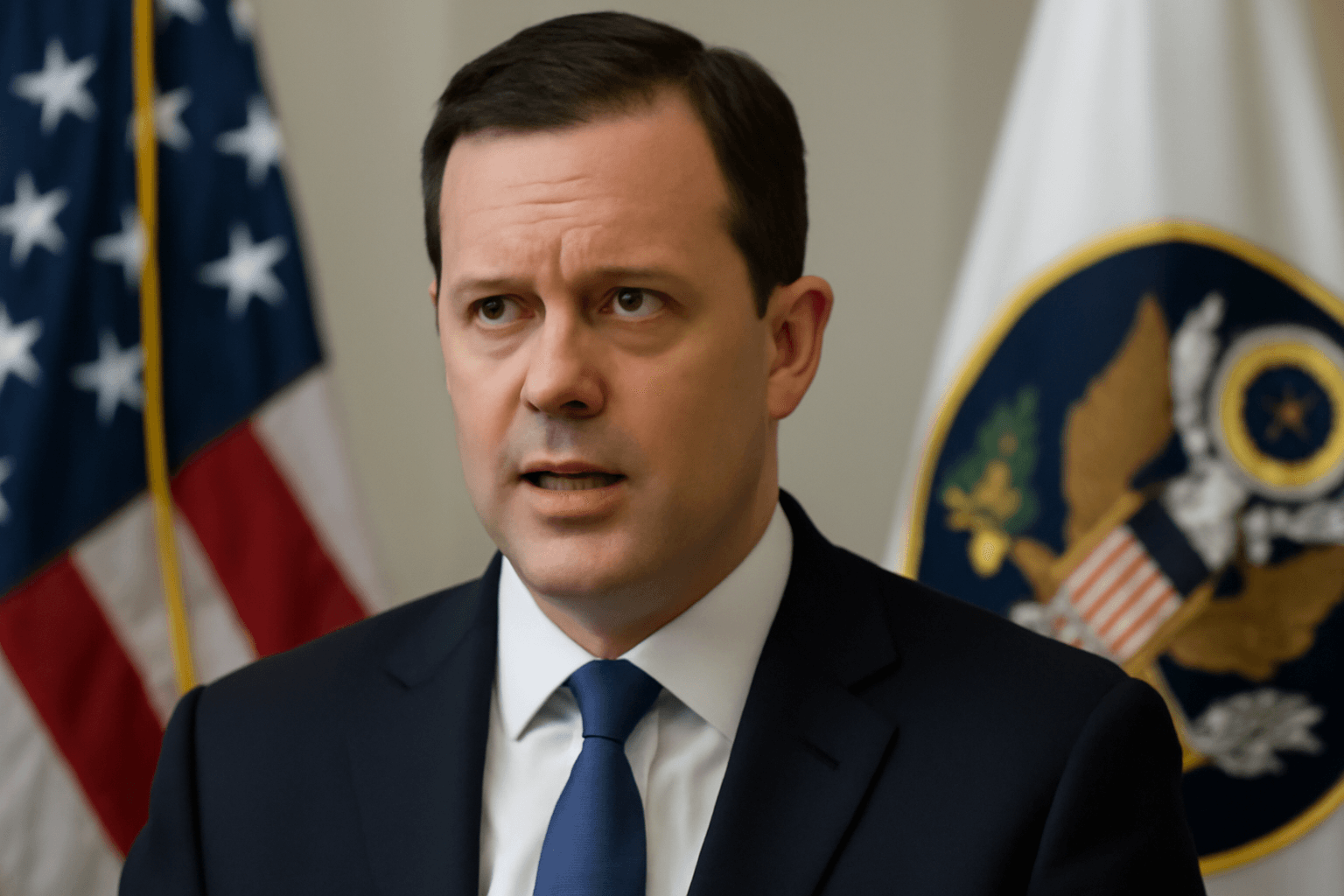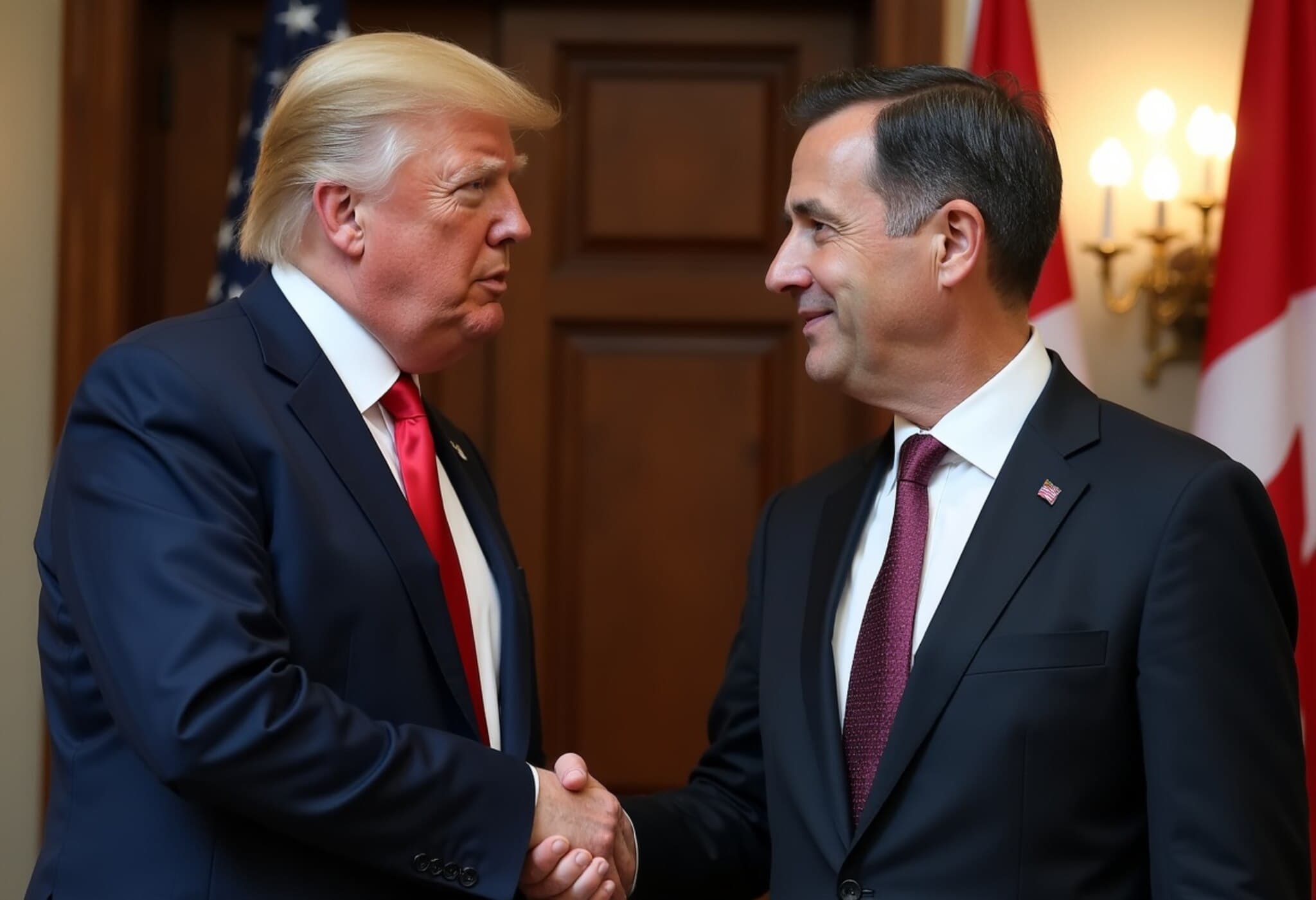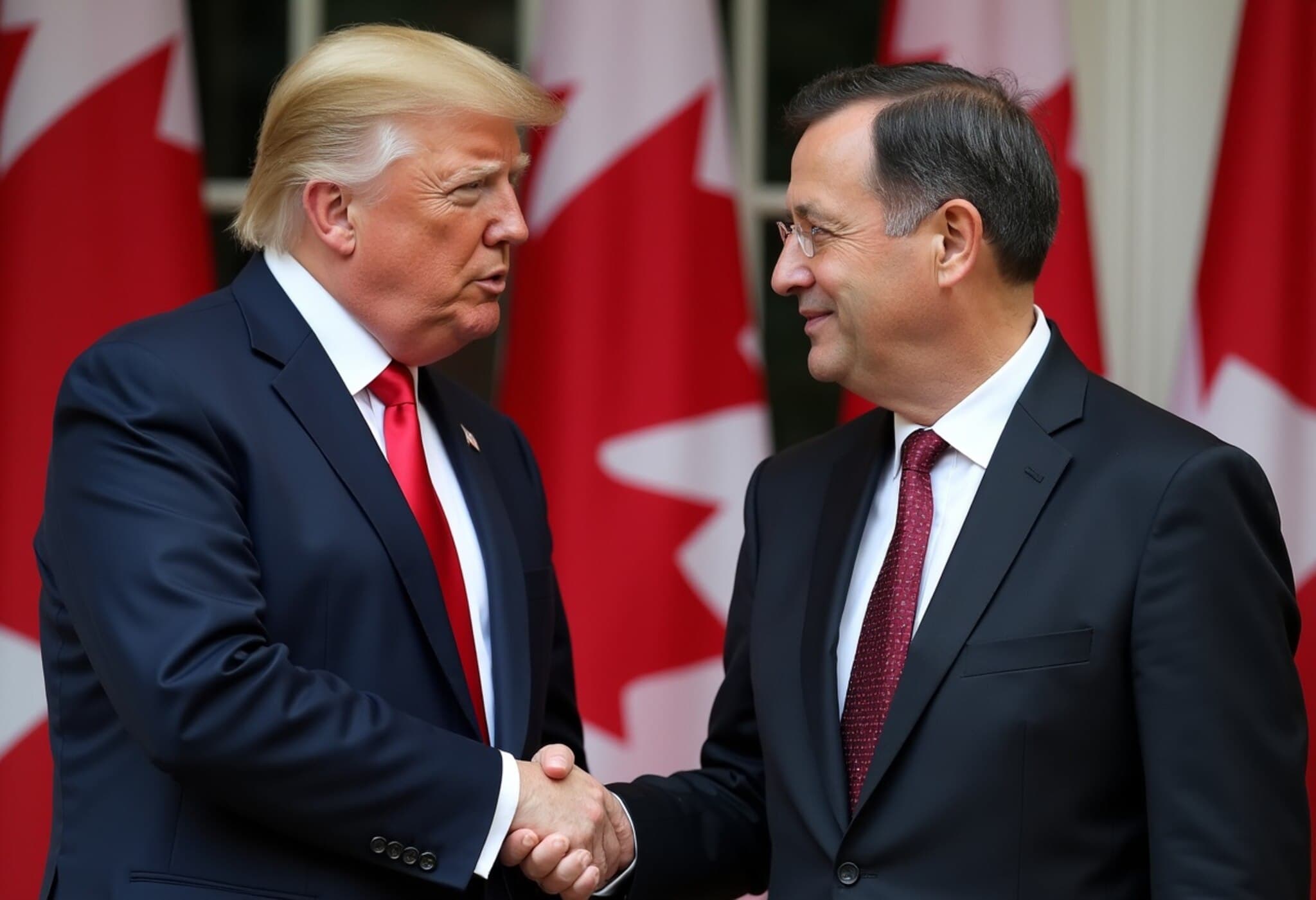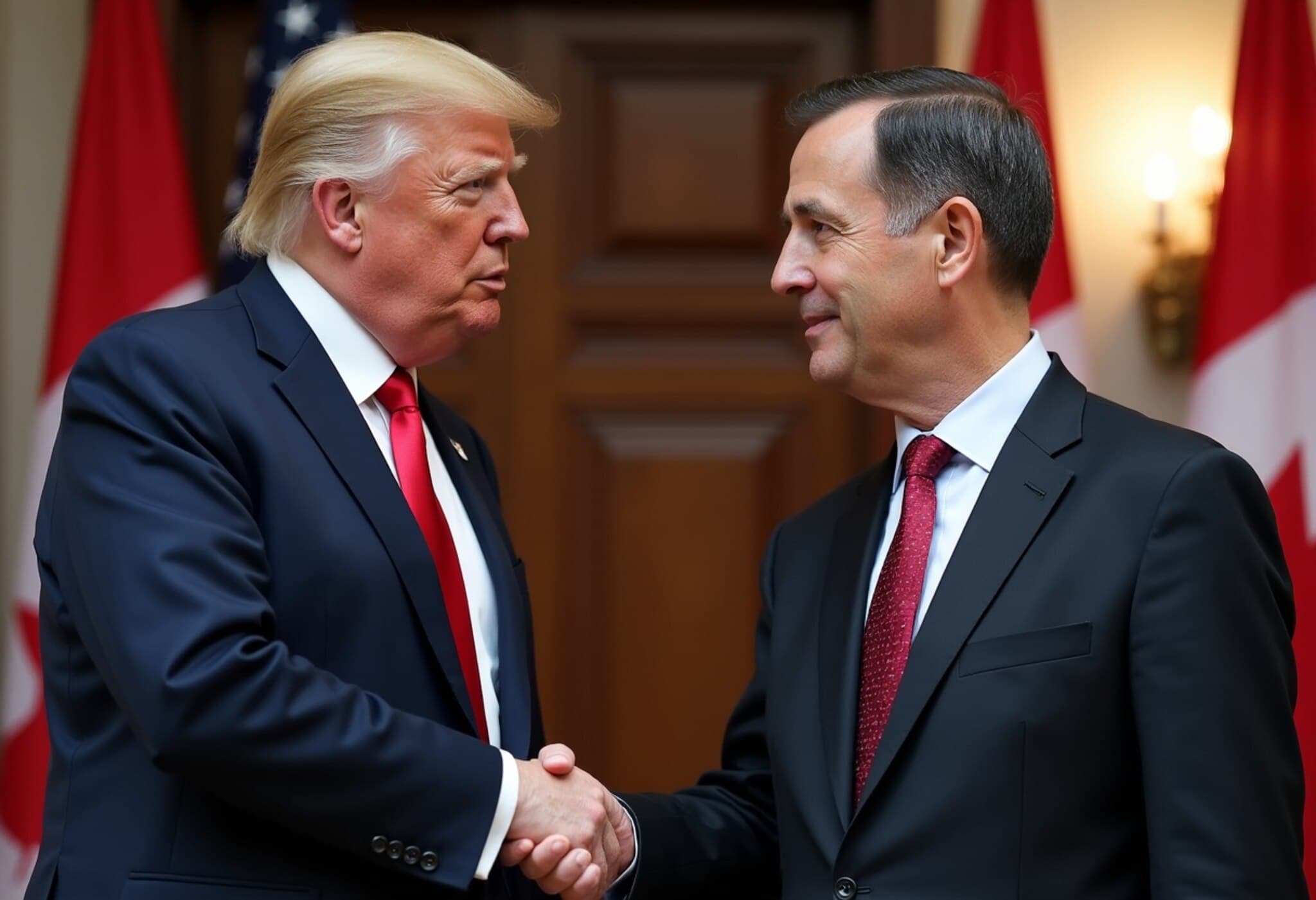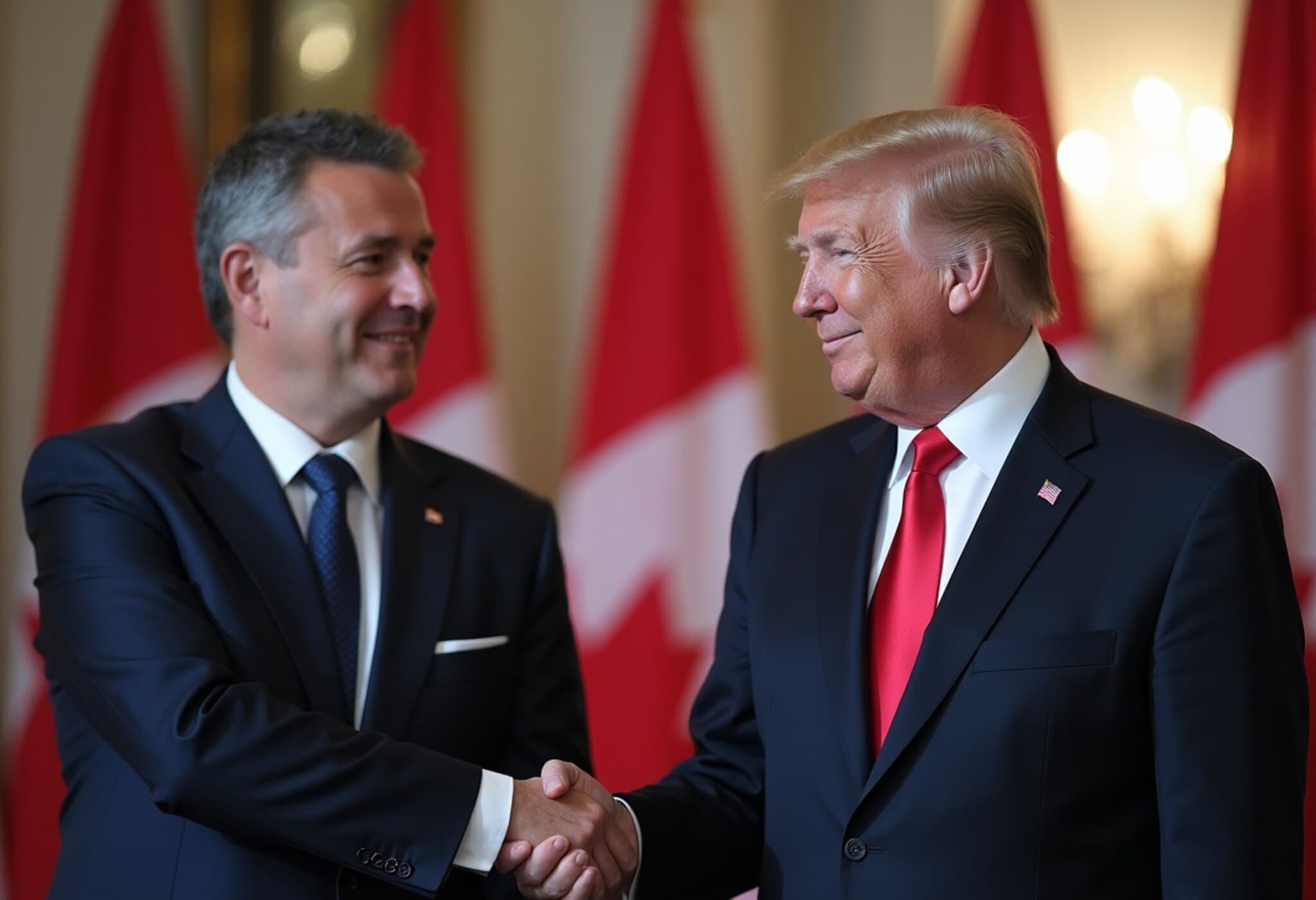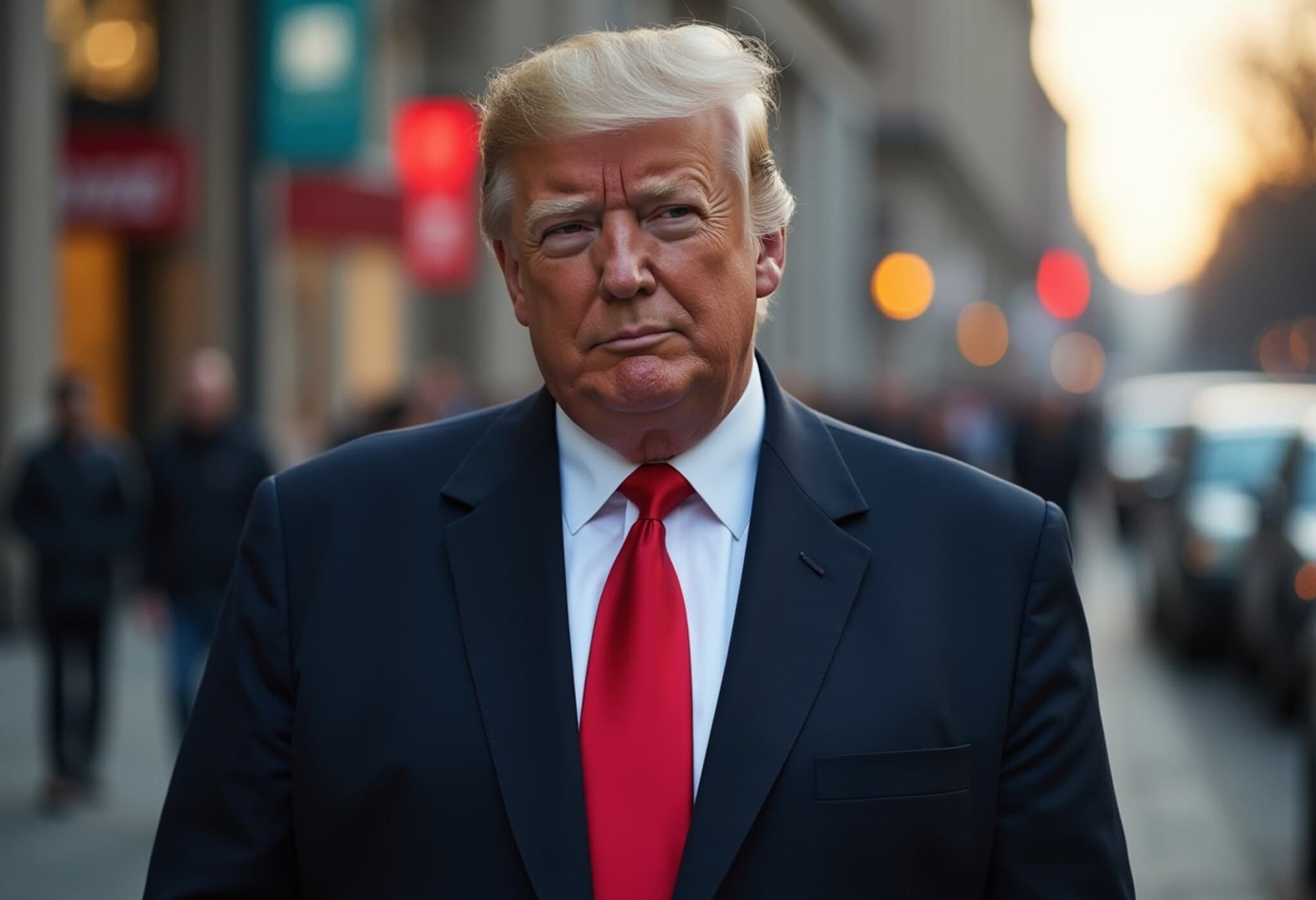Canada and Mexico Strengthen Ties Amid Rising US Trade Pressures
As trade tensions with the United States escalate, Canada and Mexico are taking unprecedented steps to present a united front. Historically, the two North American neighbors have shared a complex relationship, marked by economic competition and cultural differences. Yet, in the shadow of President Donald Trump’s unpredictable trade policies, both countries find common cause in safeguarding their economic sovereignty.
Historic Rivalries Give Way to Pragmatic Alliance
Though Canada's and Mexico’s diplomatic dance has often been cautious—sometimes even strained—the current geopolitical landscape is compelling them to rethink their stances. For decades, shifts in manufacturing and trade patterns have stirred competition, notably in Ontario where the growth of Mexican factories has fueled concerns over job losses in Canadian auto industries. The stark decline from 2.9 million units of vehicle production in Canada 25 years ago to just 1.3 million last year reflects this economic transformation and has often been a source of tension.
Antonio Ortiz Mena, a Georgetown University professor, characterizes the North American partnership as "a marriage of convenience," with both countries historically prioritizing their direct relations with the US rather than fostering a strong bilateral Canada-Mexico partnership. This context makes their current cooperation all the more significant.
Strategic Diplomacy in Action
Earlier this month, Canadian Foreign Affairs Minister Anita Anand, alongside Finance Minister François-Philippe Champagne, visited Mexico to meet with President Claudia Sheinbaum. Their talks aimed to strengthen economic collaboration ahead of Canadian Prime Minister Mark Carney’s upcoming visit to Mexico. As Anand emphatically noted, the effort represents an "all-hands-on-deck" approach to countering external pressures.
- Canada faces a 35% tariff imposed by the US.
- Mexico received a 90-day extension to trade negotiations from the US.
- Both nations remain cautious of US policy volatility, particularly under Trump’s administration.
These negotiations underscore a shared determination to navigate the unpredictable terrain of US trade politics.
Overcoming Distrust and Building a Unified Approach
In the wake of Trump’s re-election, some Canadian voices proposed severing Mexico from trilateral trade agreements to forge a direct bilateral deal with the US. However, such plans were set aside following Carney’s ascendance to Prime Minister, signaling a preference to preserve continental cooperation.
Still, experts like Carlo Dade of the University of Calgary caution that even a solid Canada-Mexico alliance may not be enough to counteract unilateral decisions by US leadership. Instead, he advocates for engaging influential American domestic stakeholders — state governors, big business leaders, and political party figures — to champion the cause of North American trade stability.
Jorge Schiavon of the Mexican Council on Foreign Affairs reinforces this view, emphasizing that these powerful domestic players in America constitute the most reliable bulwark against policy volatility. "They are selfish allies," he says, "but they were instrumental in defending the 2018 renegotiation and stand ready to do so in 2025." This insight spotlights the intricate interplay between domestic politics and international trade.
The Road Ahead: What Lies Beyond the Trade War?
While Canada and Mexico cautiously work to build bridges forged in mutual interest, their challenge remains navigating a US administration that often defies conventional diplomatic norms. The evolving dynamic also raises critical questions about North America's future economic integration. Could a deeper Canada-Mexico partnership reshape regional diplomacy? Will this trilateral cooperation withstand the pressures of shifting American politics?
As these nations chart their course, industry leaders, policymakers, and citizens alike are watching closely, understanding that the outcomes will reverberate beyond borders — affecting jobs, investment, and the very fabric of North American trade.
Editor’s Note:
Canada and Mexico's emerging partnership underscores the complex realities of global trade in an era of political unpredictability. Their efforts reveal the nuanced balancing act smaller nations must perform to maintain sovereignty while engaging with a dominant neighbor whose policies can change overnight. Observers should ask: How might domestic US political actors influence broader trade outcomes? And what will be the enduring impact of this North American solidarity on global economic patterns? These questions remain vital as the story unfolds.

